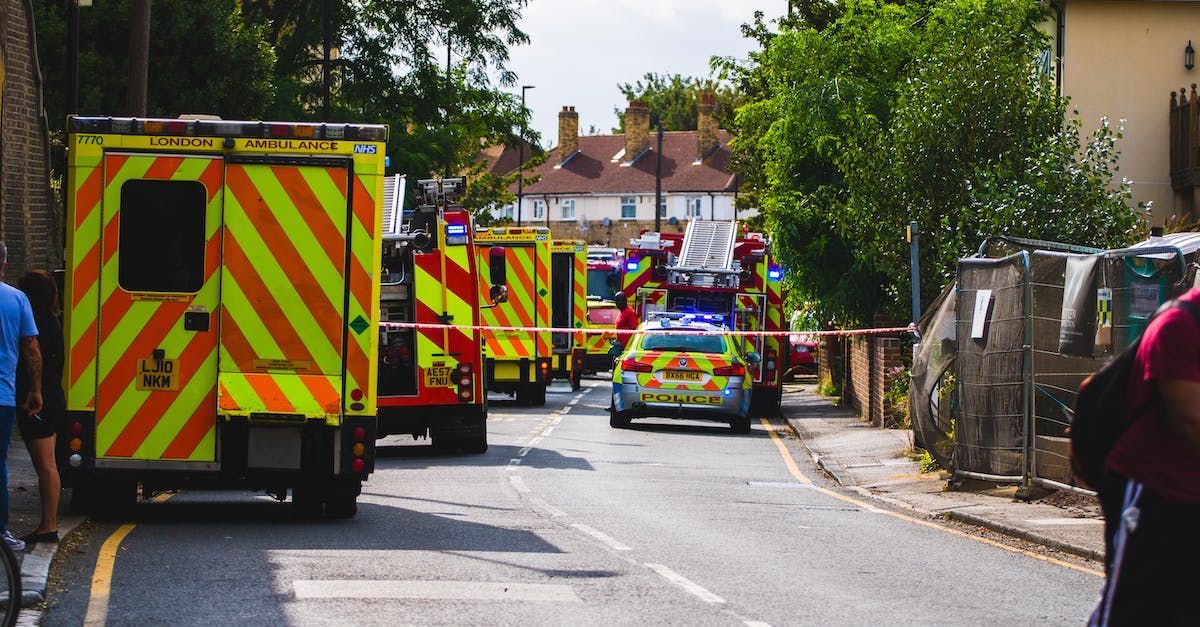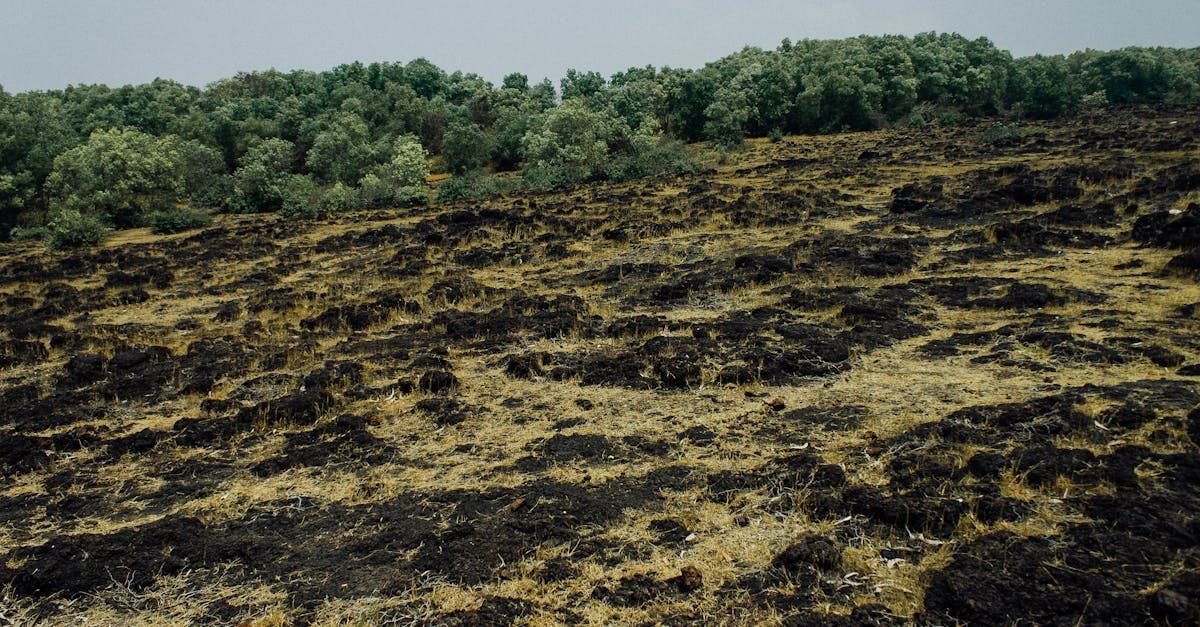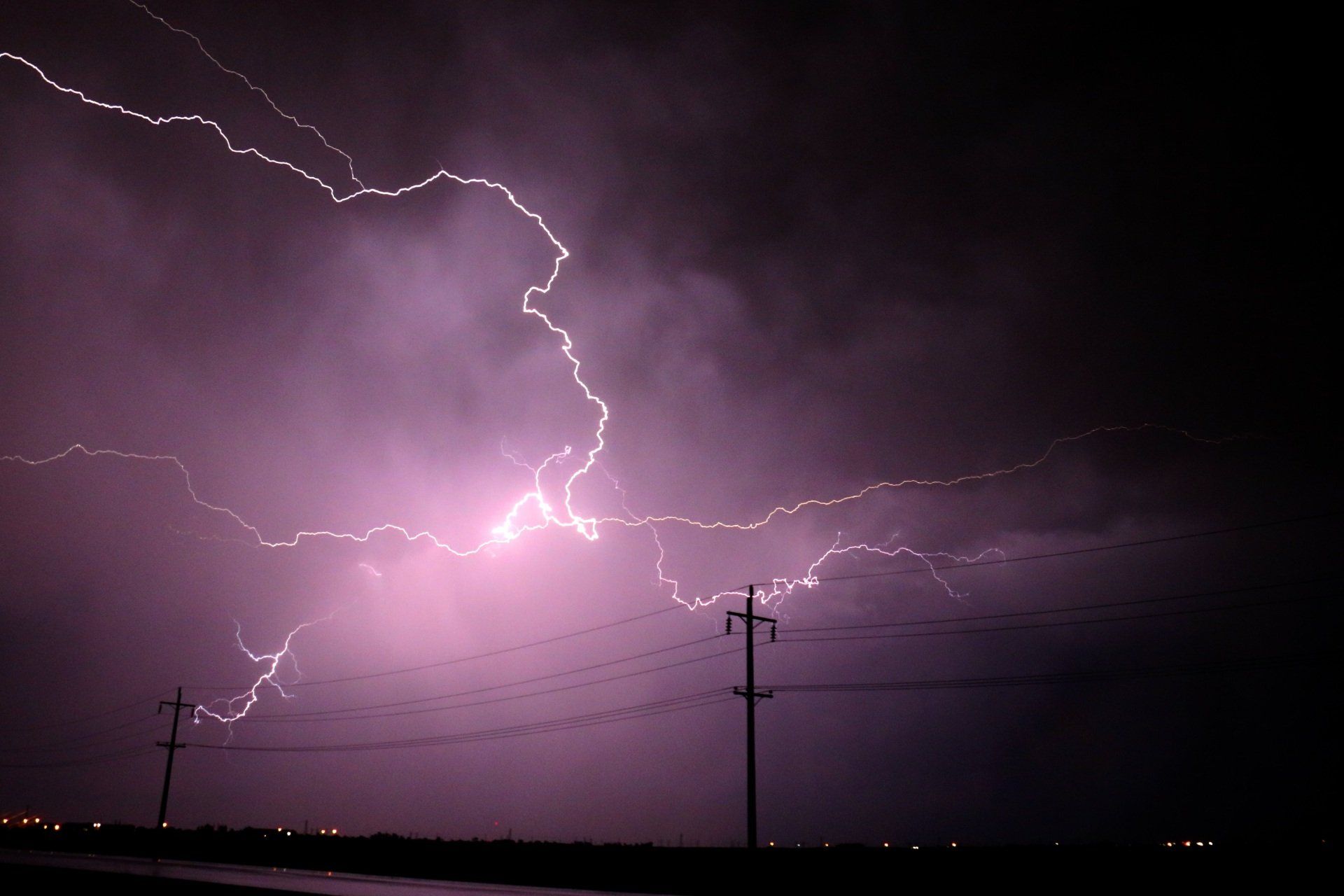Amusement Park Injuries
When visiting an amusement park, the expectation is to enjoy a day filled with fun and excitement. However, accidents can occur, and it's important to know the steps to take if you find yourself or a loved one injured in such a setting. This is especially crucial in Alabama, where personal injury laws and premises liability statutes govern the legal landscape for amusement park injuries. Understanding your rights and the potential causes of action can help you navigate the legal process effectively.
Immediate Steps After an Amusement Park Injury
- Seek Medical Attention: The first and most crucial step is to seek medical help. Not only is this vital for your health, but medical records will serve as critical evidence should you pursue a legal claim.
- Report the Incident: Inform the amusement park management of the incident. Ensure that they make a formal record of it. Request a copy of the accident report, as it could be valuable in any legal proceedings.
- Document Everything: Take photographs of the area where the incident occurred, including any visible injuries and the rides or equipment involved. Gather names and contact details of any witnesses.
- Avoid Giving Statements: Be cautious about what you say to the amusement park staff or insurance representatives. Do not admit fault or provide a detailed statement without first consulting a lawyer.
- Preserve Evidence: Keep any tickets, receipts, and other relevant items that prove your presence at the park on the day of the incident.
Understanding Causes of Action in Amusement Park Injuries
In Alabama, several legal theories might be applicable in the case of an amusement park injury. These include:
- Negligence: This is the most common basis for amusement park injury lawsuits. To establish negligence, you must prove that the park or its employees failed to exercise reasonable care, leading to your injury. This could involve poor maintenance of rides, inadequate safety measures, or improper operation of equipment.
- Product Liability: If the injury was caused by a defect in a ride or equipment, a product liability claim might be appropriate. In such cases, the manufacturer of the ride or equipment could be held responsible.
- Premises Liability: As public venues, amusement parks have a duty to ensure their premises are reasonably safe for guests. Slip and fall accidents or other injuries resulting from hazardous conditions on the property can lead to a premises liability claim.
- Intentional Torts: In rare cases, if an employee of the park intentionally causes harm, you might have a claim based on intentional torts like assault or battery.
Identifying Responsible Parties
Determining who is liable for an amusement park injury can be complex. Potential defendants include:
- The Amusement Park Owner: Typically, the park owner is responsible for maintaining a safe environment. They might be liable for negligence in training staff, maintaining equipment, or ensuring safety on the premises.
- Ride Manufacturers: If an injury is due to a defective ride, the manufacturer might be held liable under product liability laws.
- Contractors and Third-party Service Providers: Sometimes, parks outsource certain services to third parties. If these contractors fail to meet safety standards, they could also be held responsible.
- Other Visitors: In some cases, the actions of other park visitors might lead to injuries, such as pushing in queues or behaving recklessly on rides.
Legal Considerations in Alabama
Alabama's legal landscape offers unique challenges and considerations:
- Contributory Negligence: Alabama follows the strict doctrine of contributory negligence, which means that if you are found even slightly at fault for your injury, you may be barred from recovering damages.
- Statute of Limitations: In Alabama, personal injury claims must be filed within two years from the date of the injury. Missing this deadline can prevent you from pursuing a claim.
- Damage Caps: Alabama law caps punitive damages in most personal injury cases, which could limit the amount of compensation you can receive.
Seeking Legal Assistance
Given the complexity of personal injury law and the specific nuances of injury law in Alabama, it is advisable to consult with a personal injury attorney experienced in amusement park injury cases or in similar injury cases. An attorney can help you navigate the legal system, gather necessary evidence, and advocate on your behalf to ensure you receive fair compensation for your injuries.
While amusement parks are designed for enjoyment, accidents can and do happen. Understanding the steps to take immediately after an injury, the potential causes of action, and who might be held responsible are crucial for protecting your rights. In the state of Alabama, with its unique legal framework, seeking professional legal advice is essential in pursuing a claim effectively. Remember, your safety and well-being are paramount, and legal avenues exist to support victims of amusement park injuries in seeking justice and compensation.
MORE ALABAMA INJURY LAW NEWS






OUR LAW FIRM IS HERE TO HELP
Contact our Birmingham, Alabama Injury Lawyers Today for Legal Help
Have you or a family member recently been injured in an accident in Alabama? Contact Snable Stevenson & Silva for immediate legal assistance and advice. You may be able to pursue compensation for your medical bills, lost wages, and other expenses. Our qualified Alabama injury lawyers can help you fight to secure a full and fair award.
We offer a free case evaluation and consultation. Contact our law office in Birmingham, Alabama to schedule yours today. If you can’t come to us, we can arrange a time to visit you. Consultations can be arranged at the hospital, your home, or even your place of business. There’s a limited amount of time to act, so give us a call to get started today.
FREE CASE EVALUATION
GET STARTED
Thank you for submitting a request.
Our team will follow up with you as soon as possible.
There was an error sending your message.
Please try again later.
(800) 266-0877 • attorneys@snablestevenson.com
(205) 582-8000 • 2737 Highland Ave South, Birmingham, AL 35205
(901) 474-2900 • 1545 Union Ave, Memphis, TN 38104
This website is an advertisement for legal services. No representation is made that the quality of the legal services to be performed is greater than the quality of legal services performed by other lawyers. Use of this website signifies your agreement to the Terms of Use, Privacy Policy, and Form Disclaimer.
Snable Stevenson & Silva L.L.C.

